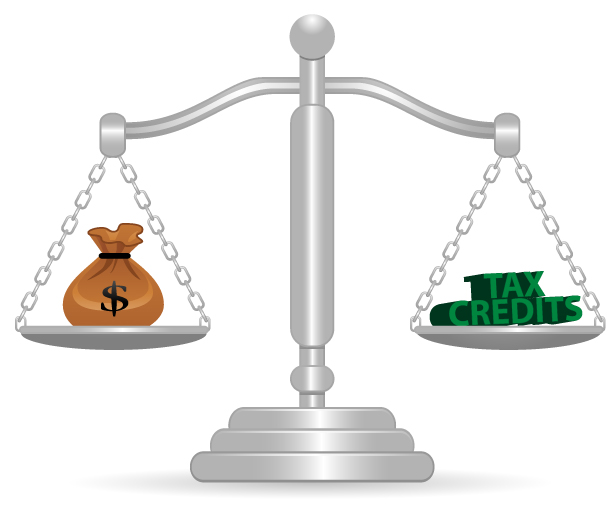One of the great undercovered aspects of U.S. energy policy is the fact that most of it happens through the tax code. That’s one reason it’s so unbearably lame.
Why do we do energy policy this way? There are many reasons, but a big one is that decades of conservative agitprop have made it almost impossible to spend money (eek, big government!) on a particular industry (eek, picking winners!) in a way that’s transparent and democratically accountable. Oh, we still direct money to favored industries, of course; we’ve always had industrial policy and always will. We just don’t do it honestly.
Instead, legislators cram the tax code full of credits and loopholes. That way a) they can pretend it’s not really spending, b) they can renegotiate it every year or two, ensuring a continual stream of lobbyists and contributions, and c) they never have to answer to voters about it, since the whole process is so completely opaque. It’s great for politicians, terrible for policy.
The problem is particularly acute around clean energy. Quite often clean energy developers are small and don’t have a ton of revenue, so they don’t pay a ton of taxes, so they don’t have a ton of use for tax credits. For them, getting real money out of tax credits involves baroque deals with tax equity providers, middlemen who skim a big chunk of value off the top.
Along these lines, the Bipartisan Policy Center released a study today showing that simply handing cash to clean energy developers is twice — yes, twice — as effective as supporting them through tax credits. The study found that …
… in most circumstances, cash grants are significantly more effective than the tax credits because they simplify the project financing structure and lower the cost of capital. To monetize tax credits without cash grants, project developers must pay tax equity providers a significant premium, meaning much of the value of the grants goes to banks rather than project developers.
Add this inefficiency to the other big problem with the renewable tax-credit program — its absurd, stop-and-start inconsistency — and you get truly abysmal energy policy.
In a sane world, we would be public and transparent about the fact that we support renewable energy. We would be clear about the direct support we offer and clear about where the money comes from (preferably some form of price on carbon).
But we don’t live in a sane world. We live in a world where everyone claims to be concerned about the deficit, everyone claims the free market will solve the problem, everyone claims to hate taxes … and everyone sneaks industrial policy through the tax code. Dumb.



